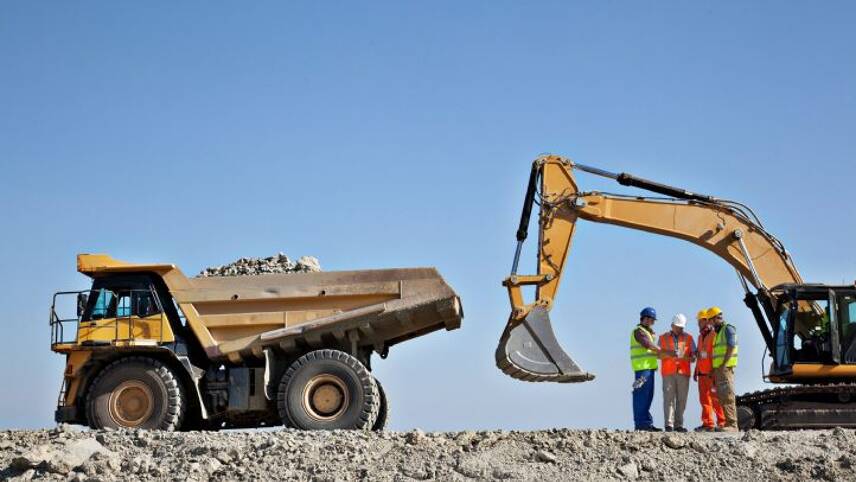Register for free and continue reading
Join our growing army of changemakers and get unlimited access to our premium content

The project's goal is to is to create an open
Initially launched by IT giant IBM in January, the initiative has also received support from competitor Ford, battery firm LG Chem, mining giant Huayou Cobalt and responsible sourcing specialists RCS Global Group.
Under the scheme, participating firms use IBM’s blockchain platform and the Linux Foundation’s Hyperledger Fabric tracking software to trace cobalt used to manufacture electric vehicle (EV) batteries as it moves throughout the supply chain. The technology creates an unbreakable digital ledger ensuring that all processes in the supply chain meet RCS Global Group’s responsible sourcing standards, which were developed by the Organisation for Economic Cooperation and Development (OECD).
According to VW, this system provides “near real-time” data regarding the flow of cobalt across global supply networks, from mining to the end-user.
VW said in a statement that it would bring “vast business acumen” to the collaborative scheme, including its “first-hand knowledge of sustainability in supplier relations and mineral sourcing at a global scale”.
“Traditionally, miners, smelters and consumer brands had to rely on third-party audits and laborious manual processes to establish compliance with generally accepted industry standards,” the statement continues.
“Coupled with these assessments, blockchain technology offers a network of validated participants and immutable data that can be seen in real-time.”
Expansion plans
The aim of the coalition is to expand the blockchain model further to cover more of the cobalt and other minerals used in the EV battery industry. At present, cobalt produced at Huayou’s industrial mine site in the Democratic Republic of Congo is the only mineral stream covered by the scheme, but IBM would like to also cover tantalum, tin, tungsten and gold – which are considered conflict minerals due to the high risk of human rights abuses in their supply chains.
Further expansions to focus on industries such as aerospace and consumer electronics may also be made if companies in these sectors join the project.
The decision to focus on cobalt in the EV industry as a starting point was taken after research by Morgan Stanley in 2017 concluded that demand for the martial will double eight times by 2026, with this trend largely driven by the EV and consumer electrics sector. A typical lithium-ion car battery requires up to 20 lbs of cobalt to manufacture, compared to one ounce for a standard laptop.
“With the growing demand for cobalt, this group has come together with clear objectives to illustrate how blockchain can be used for greater assurance around social responsibility in the mining supply chain,” IBM’s general manager for global industrial products and industry Manish Chawla said.
“The initial work by these organisations will be used as a precedent for the rest of the industry to be further extended to help ensure transparency around the minerals going into our consumer goods.”
Sarah George


Please login or Register to leave a comment.